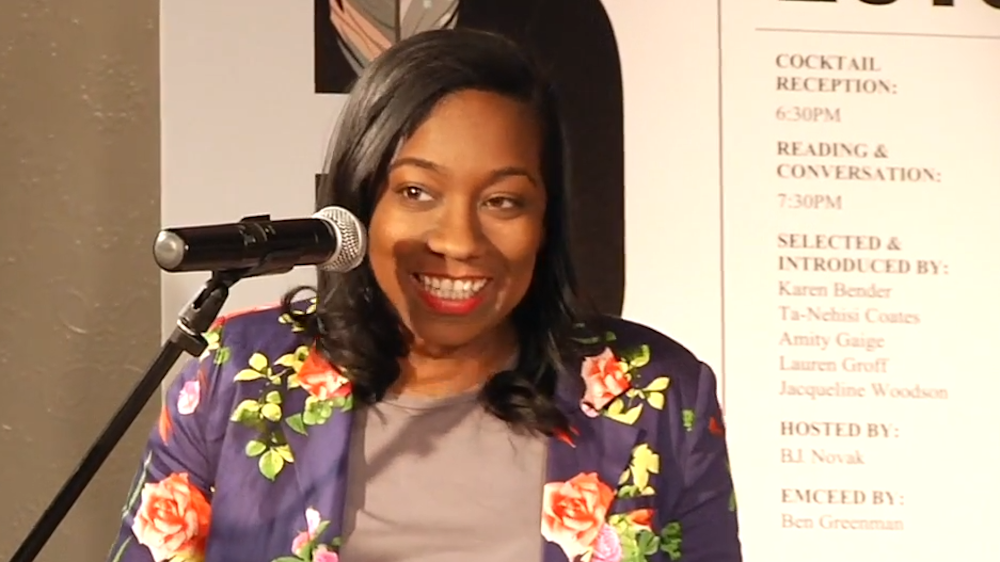
Considering that Stella and Desiree grew up identical twins and were inseparable until they left Mallard, why do you think they grew into very different women after they became lost to each other? What events led to that division?ģ.

Would you recommend this book? Did you enjoy it?Ģ. The Vanishing Half - longlisted for the 2021 Andrew Carnegie Medal for Excellence in Fiction & the 2020 National Book Award for Fiction PERSONAL:.The Mothers - longlisted for the NBCC John Leonard First Novel Prize and the PEN/Robert W.Named among Time Magazine’s Next 100 Most Influential People.Named a 5 Under 35 honoree by the National Book Foundation.The Vanishing Half – 2020 (hit #1 on NYT, Good Morning America Book Club selection, NYT best book of 2020) oScreen rights for this title have been optioned by HBO.It drew the attention of a literary agent who emailed her wanting to know if she wanted to write a book. Currently a Zell Postgraduate Fellow in fiction at UMich CAREER: “Her essay on the Jezebel website entitled "I Don't Know What to Do With Good White People,” received 1 million views in 3 days.Received BA in English from Stanford University MFA from University of Michigan also studied at Oxford University.She is a National Book Foundation "5 under 35" honoree, and her essays are featured in The New Yorker, The New York Times Magazine, The Paris Review, and Jezebel.ĮDUCATION: Looking well beyond issues of race, The Vanishing Half considers the lasting influence of the past as it shapes a person's decisions, desires, and expectations, and explores some of the multiple reasons and realms in which people sometimes feel pulled to live as something other than their origins.īorn and raised in Southern California, Brit Bennett graduated from Stanford University and earned her MFA in fiction at the University of Michigan, where she won a Hopwood Award in Graduate Short Fiction as well as the 2014 Hurston/Wright Award for College Writers. What will happen to the next generation, when their own daughters' storylines intersect? Weaving together multiple strands and generations of this family, from the Deep South to California, from the 1950s to the 1990s, Brit Bennett produces a story that is at once a riveting, emotional family story and a brilliant exploration of the American history of passing.


Still, even separated by so many miles and just as many lies, the fates of the twins remain intertwined.

The other secretly passes for white, and her white husband knows nothing of her past. Many years later, one sister lives with her black daughter in the same southern town she once tried to escape. But after growing up together in a small, southern black community and running away at age sixteen, it's not just the shape of their daily lives that is different as adults, it's everything: their families, their communities, their racial identities. The Vignes twin sisters will always be identical.


 0 kommentar(er)
0 kommentar(er)
